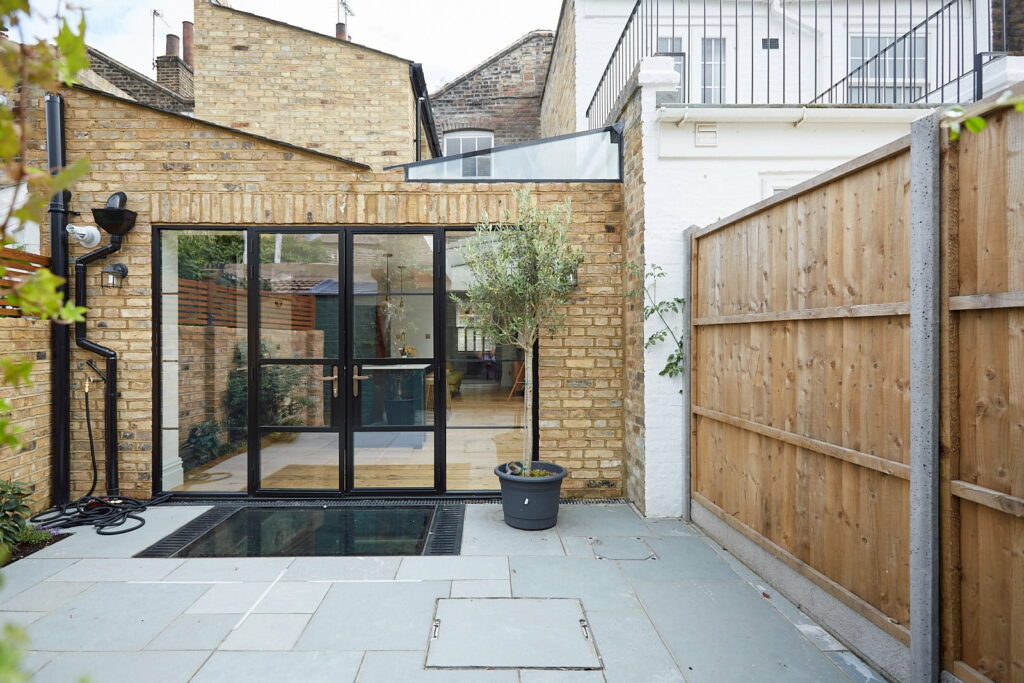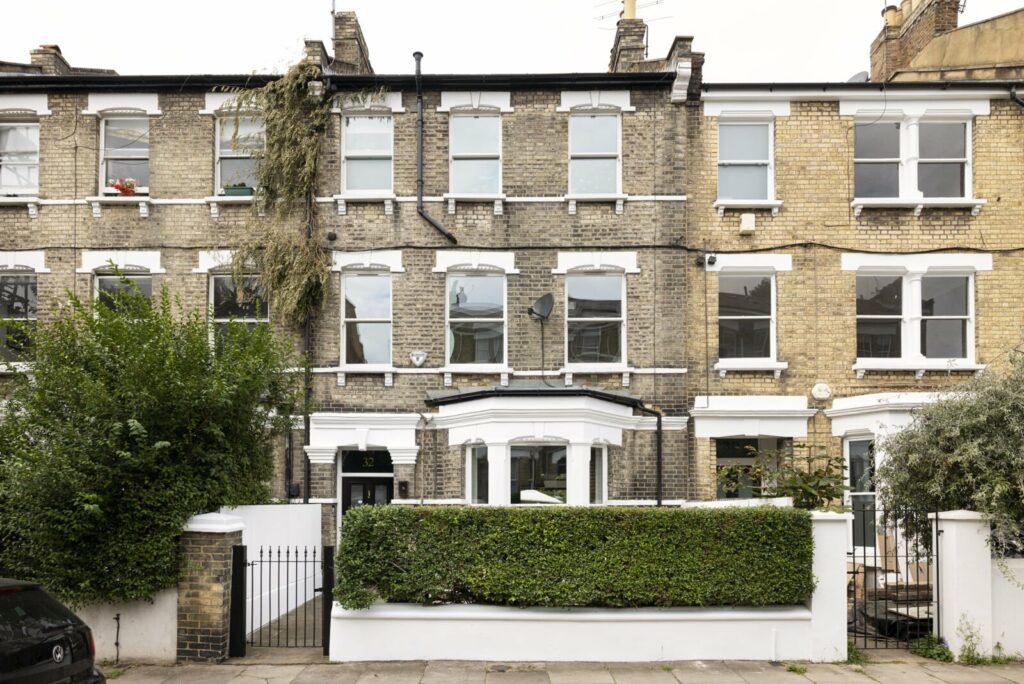What Happens if You Build Without Planning Permission?
Planning permission can be a complicated area to navigate, even for experienced professionals. You have to always stay on the legal side of whatever you’re doing, even when it adds a lot of complexity to the project. Failing to observe the necessary precautions can lead to expensive mistakes which could jeopardize your entire project.

Consequences of building without mandatory planning permission
If you build without planning permission in cases where it’s required, this is called a planning breach. This can have expensive consequences and might even lead to the forced destruction of the entire project. Your first step once you’ve discovered that you’ve committed a planning breach should be to submit an application for planning permission. This application will be reviewed retrospectively. Planning authorities will then either accept or reject it, as with any regular and timely submitted application.
If the retrospective application is accepted, that’s great news – you can safely continue your project without changing anything! But if it’s denied, you will have to remedy the situation on your end. If the construction project is already underway, this could mean modifying it to bring it to a compliant state.
This is not always possible though. For example, it might turn out that the entire project is not permitted in the first place. In this case, you’ll have to stop construction work and destroy anything that’s already been built. As you are probably guessing, this can be quite costly.

Did you require planning permission in the first place?
On the bright side, it’s possible that your project may not require planning permission in the first place. This is common with many types of interior work. Check to verify that you actually need planning permission before complicating your situation further.
Examples of work that doesn’t require planning permission include:
- Interior work
- Loft conversions
- Electrical work
- Bathroom renovations
- Kitchen renovations
- Staircase remodelling
How to stay on the safe side
Working with an experienced contractor can help you stay on the safe side and avoid any legal problems. You don’t necessarily need to hire your own attorney in most cases. Many larger contractor companies are already working with their own legal teams to ensure compliance.
But when in doubt, it can be worth checking with a lawyer to verify the legality of your situation. The consultation fee is a small price to pay for avoiding potentially very costly problems.
Planning